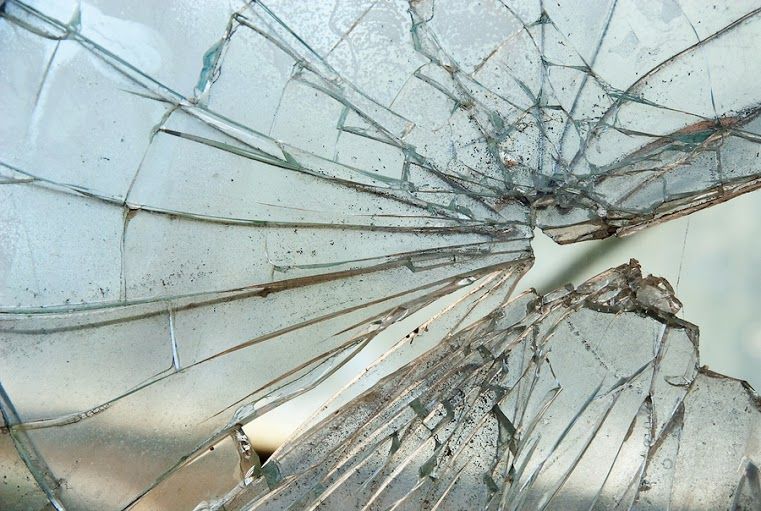 When developing penalties for driving under the influence (DUI) convictions, lawmakers really have their work cut out for them. It’s one thing to come up with a penalty for someone who made the choice to drink and drive one time and didn’t crash or kill anyone, because those offenders may see fines, jail time, and ignition interlock programs as enough of a deterrent to never make the choice to get behind the wheel drunk again.
When developing penalties for driving under the influence (DUI) convictions, lawmakers really have their work cut out for them. It’s one thing to come up with a penalty for someone who made the choice to drink and drive one time and didn’t crash or kill anyone, because those offenders may see fines, jail time, and ignition interlock programs as enough of a deterrent to never make the choice to get behind the wheel drunk again.
But what about repeat offenders and offenders who have drank and drove themselves into situations causing injury or death? How do lawmakers set guidelines for penalties for these individuals? Although the drunk driver who took a life deserves to be punished for his or her crime, it’s very difficult to put a number on how many years in jail will make the family feel as though justice has been served.
That’s the case in Colorado recently when a 3-time drunk driver decided to drive drunk again, and this time he took a life in the process. 40-year-old Ever Olivos-Gutierrez was speeding at 80 mph through multiple intersections, running 4 red lights and crashing right into 17-year-old Juan Carlos Dominguez-Palomino. The impact killed the teen, and when police arrived they found that Olivos-Gutierrez had a blood alcohol concentration of three times the legal limit of .08.
The defense asked for the minimum jail sentence of 24 years for his crime, while prosecutors felt that Olivos-Gutierrez should be required to serve 40 years to give justice to the family of the teen. The judge sided with the prosecution, and Olivos-Gutierrez will serve 40 years and pay $7,500 in restitution to the family for his crime of drunk driving causing death.
In this case, the family feels as though justice has been served. With 3 prior DUI convictions on the books, 40 years is a suitable length of time for Olivos-Gutierrez to think about the choice he made to drink and drive.
Not every case ends with the family feeling satisfied with the DUI sentence, so lawmakers will continue to improve drunk driving laws and judges will continue to impose the harshest sentences available to them within state law. Until people stop making the choice to drink and drive, penalizing drunk drivers is a struggle lawmakers and law enforcement will continue to have.
